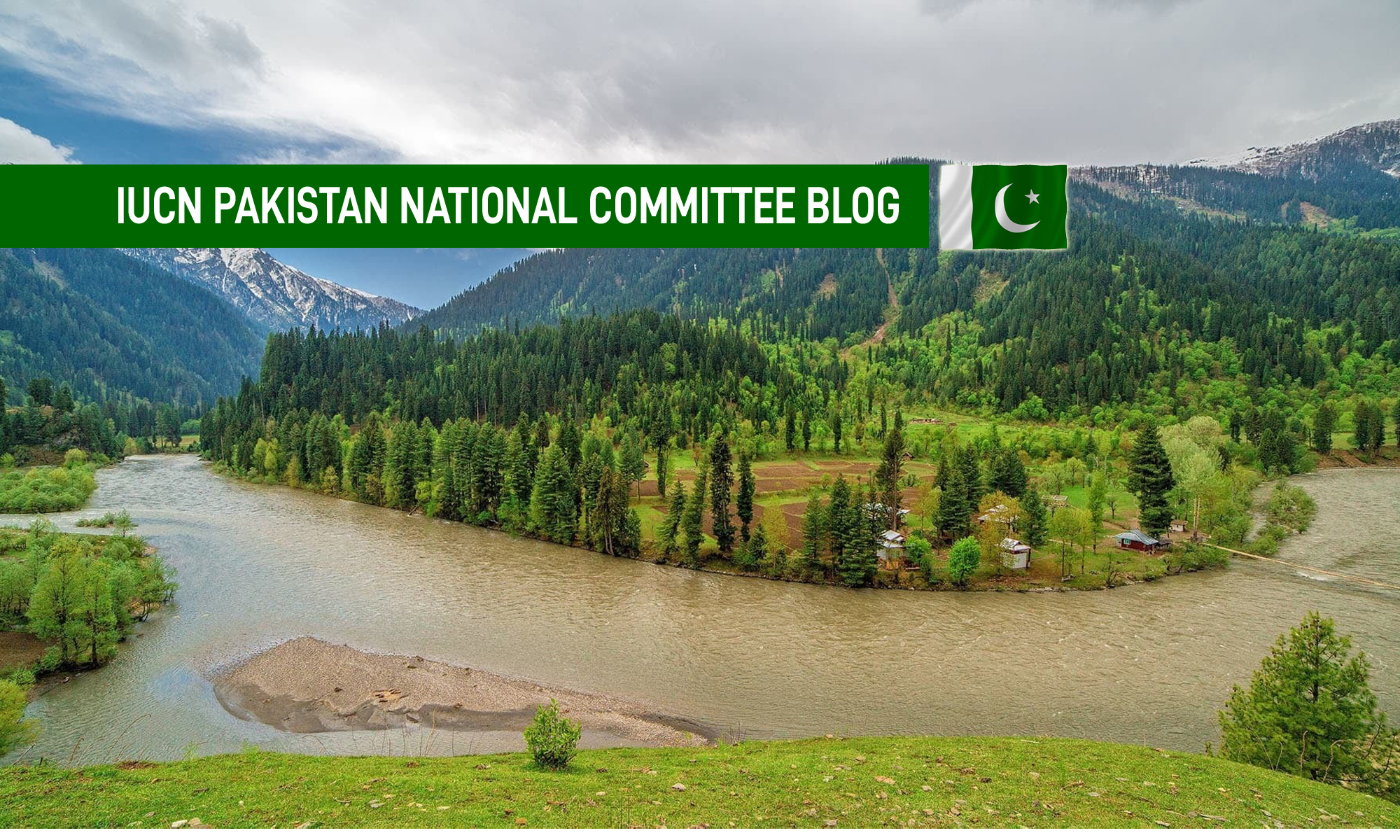IUCN today unveiled a Global Standard providing the first-ever set of benchmarks for nature-based solutions to global challenges. The new IUCN Global Standard will help governments, business and civil society ensure the effectiveness of nature-based solutions and maximise their potential to help address climate change, biodiversity loss and other societal challenges on a global scale.
This online event was attended by more than 1,000 participants from all over the world. The guest speakers included: Malik Amin Aslam, Adviser to the Prime Minister on Climate Change, Government of Pakistan; Teresa Ribera, Fourth Vice-President and Minister for the Ecological Transition and Demographic Challenge, Spain; The Rt Hon Lord Zac Goldsmith, Minister of State in the Foreign and Commonwealth Office, the Department for International Development and the Department for Environment, Food and Rural Affairs, United Kingdom; The Hon Yann Wehrling, French Ambassador in charge of the Environment, Ministry of Europe and Foreign Affairs, France; The Hon Mami Mizutori, Assistant Secretary-General and Special Representative of the Secretary-General for Disaster Risk Reduction, UNDRR).
In his remarks, Mr. Malik Amin Aslam, who is also IUCN Vice President and Regional Councilllor, said that Nature Based solutions provide a win-win solution not only for nature protection to address global changes such as climate change and biodiversity loss, but also serve as an effective tool for a green economic revival delivering direct benefits to the people.
He further noted that Pakistan “has a post COVID19 “Green Stimulus” and it is no surprise that 75% of it is focused on utilizing nature based solutions – through our 10 Billion Tree Tsunami and the Protected Areas Initiative. Both deliver green jobs for people with nature protection.
He also explained that the Cash for Work Programme had the objective of providing jobs while protecting nature. It was planned to get jobs for people as they worked for nature conservation. “The government increased the job opportunities from 30,000 to 80,000 and is planning to take it up to 600,000,” he concluded.
On the Protected Areas Initiative, he said that the Government would be starting National Parks Services by September and 5,000 young and passionate people will be given jobs to protect nature.. The third initiative, he added, is the Clean Green Pakistan that is focusing on the solid and liquid waste management in the country. He said that Pakistan is shifting from Euro 2 to Euro 5.
“The pandemic period was a big crisis, but we turned it into an opportunity,” he continued. At the end all these actions it will help us to mitigate the impacts of climate change, reduce air pollution, as well as protect nature while creating jobs. The IUCN initiative is very timely, and will help countries like Pakistan to plan and monitor better, he observed.
He welcomed the development of NBS standards by IUCN saying this will not only unravel the full benefits but also allow effective policy planning based on this much needed tool for mainstreaming nature revival within Government planning.
“The world is looking for durable and effective options to tackle global challenges such as climate change, food and water security, and now, economic recovery from the global pandemic. To this end, the new IUCN Global Standard for Nature-based Solutions is ideally placed to harness and accelerate the sustainable use of nature,” said IUCN’s Global Director for the Nature-based Solutions Group Stewart Maginnis. “For nature-based solutions to fulfil their potential, we must ensure that the actions put in place today bring about the desired benefits for society and biodiversity. This Global Standard offers a rigorous, consistent and accountable framework that will help avoid any misuse and take nature-based solutions from the local to global scale.”
The concept of nature-based solutions (NbS) – actions addressing key societal challenges through the protection, sustainable management and restoration of ecosystems, benefiting both biodiversity and human well-being – is increasingly being applied around the world. More than 130 countries have already included NbS actions – such as reforestation, green infrastructure, sustainable agriculture and aquaculture, or coastal protection – in their national climate plans under the Paris Agreement.
However, not all actions labelled as “nature-based solutions” provide the anticipated benefits to both society and biodiversity, and the global potential of NbS is far from being fully realised.
“Until now, there has been neither consensus nor coherent guidance on how to design and implement nature-based solution interventions that are capable of consistent delivery of benefits for people and nature,” said Angela Andrade, Chair of the IUCN Commission on Ecosystem Management, which helped lead the development of the Global Standard. “The contribution of the Commission, in addition to input from over 800 experts and practitioners from 100 countries, has been to guide the IUCN Global Standard, ensuring that it is scientifically robust and applicable across a wide range of regions and scenarios.”
The IUCN Global Standard for Nature-based Solutions has eight criteria and associated indicators that allow the user to assess the aptness, scale, economic, environmental and social viability of an intervention; consider its possible trade-offs; ensure transparency and adaptive project management; and explore possible linkages to international targets and commitments. It consists of a user guide and self-assessment tool, which identifies areas for improving and learning.
In his statement Mr. Mahmood Akhtar Cheema, IUCN Pakistan Country Representative said that the IUCN Global Standard for Nature-based Solutions is an excellent tool, which will benefit the people judiciously.
For more information or to set up interviews, please contact:
Matthias Fiechter, IUCN Media Relations – Tel: +41 79 536 01 17, Email: press@iucn.org
George Sadiq, Programme Officer, Education Communication and Outreach, Tel: +92-21-35861540-2, Cell: 0303-333-2127, email: george.sadiq@iucn.org









